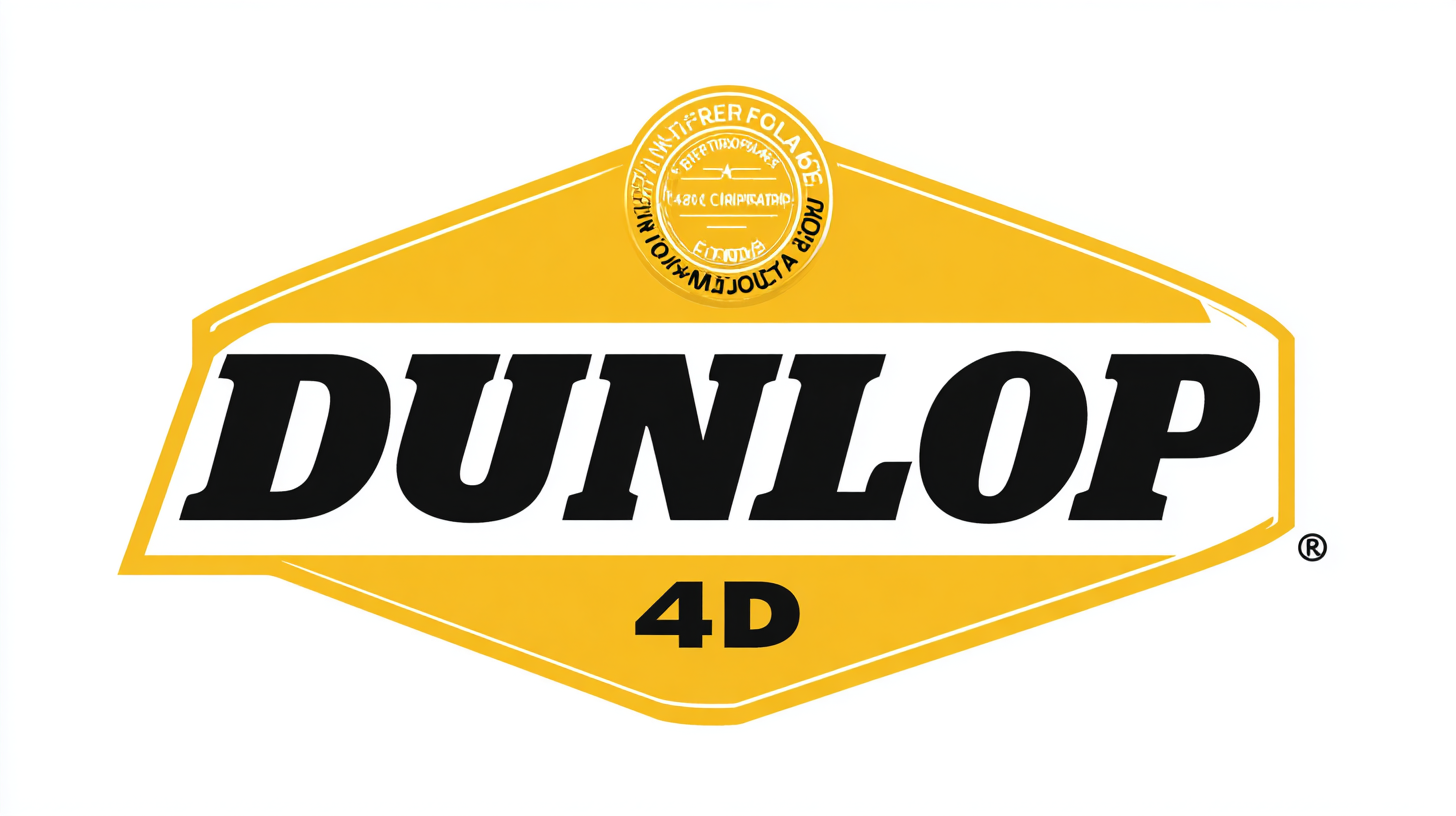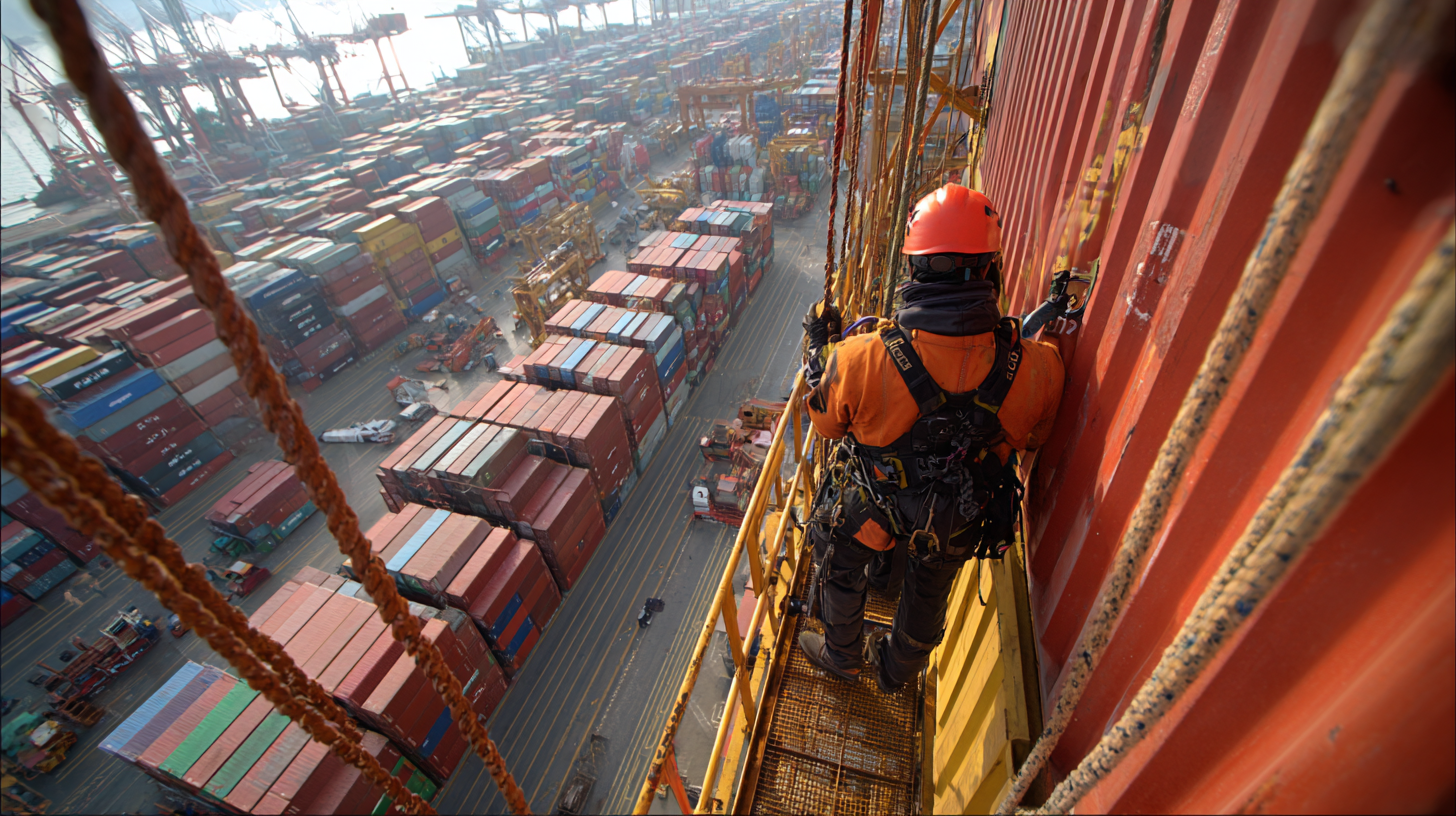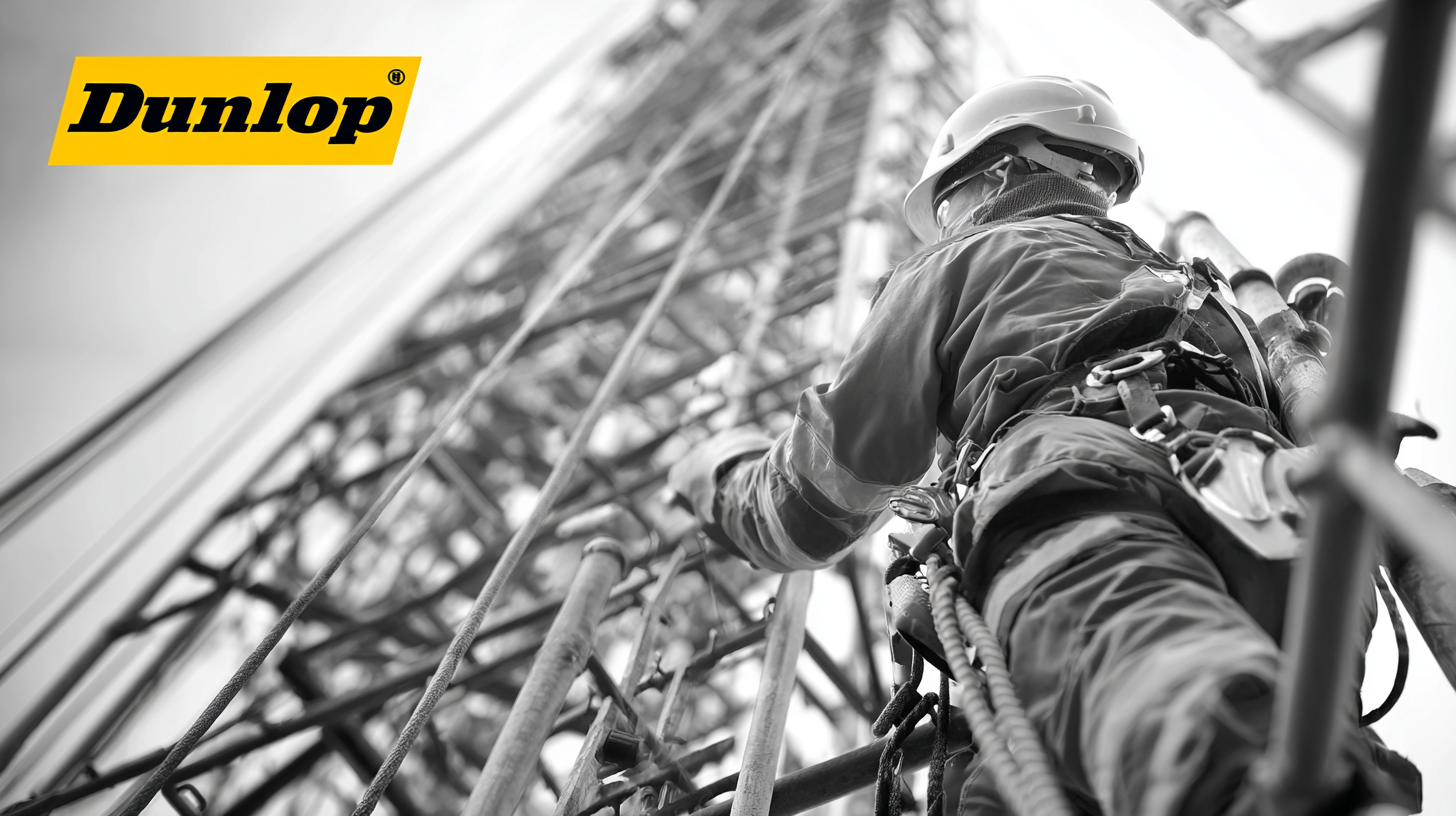Mastering Import Export Certifications for Best Dunlop Mast Climbers in Global Procurement
As businesses navigate the complexities of global procurement, understanding the intricacies of import-export certifications becomes crucial, particularly for industries utilizing advanced equipment like Dunlop Mast Climbers. A recent report from the International Trade Centre (ITC) highlighted that the global construction equipment market is projected to reach $215 billion by 2025, with a significant share attributed to reliable access to certified machinery. In this landscape of evolving regulations and standards, mastering the compliance requirements not only mitigates risks but also enhances operational efficiency. Furthermore, the adoption of cutting-edge technologies alongside rigorous certification processes will ensure that companies maximize their ROI while adhering to international standards. Companies leveraging Dunlop Mast Climbers can set themselves apart by embracing these trends, positioning their operations for sustained growth and competitiveness in the coming years.

Understanding the Importance of Import Export Certifications in Procurement
In the global procurement landscape, import-export certifications play a crucial role in ensuring that businesses operate smoothly and adhere to regulatory requirements. These certifications not only enable companies to engage in international trade but also help in building trust with partners and customers. According to a report by the International Trade Centre, 75% of businesses report that compliance with import-export certification processes is essential for market access and competitiveness, highlighting the significance of regulatory diligence in procurement.
Moreover, procurement professionals must understand the specific certifications relevant to their industry. For instance, in the construction equipment sector, adhering to ISO 9001 standards can significantly enhance product reliability and operational standards. A survey conducted by Deloitte showed that 85% of procurement leaders consider compliance with international standards, such as these certifications, as a vital driver of efficiency and cost-effectiveness in their supply chains. As procurement evolves, companies that master import-export certifications will not only navigate legal requirements seamlessly but also position themselves strategically in the competitive market of Dunlop mast climbers and beyond.
Key Regulatory Updates Affecting Dunlop Mast Climbers by 2025
As global trade continues to evolve, understanding the regulatory updates impacting Dunlop Mast Climbers is crucial for procurement specialists. By 2025, authorities are expected to implement a series of comprehensive changes that will directly affect import-export certifications and compliance requirements. These updates will not only address safety standards but also focus on environmental considerations and sustainability in production processes. Companies must stay ahead of these changes to avoid costly penalties and ensure their products remain competitive in international markets.

One significant update includes a shift towards stricter testing protocols for durability and safety, emphasizing the need for robust documentation. Importers will need to demonstrate compliance with various international standards, including ISO certifications and local regulations that govern the use of mast climbing systems. Additionally, changes in tariff structures could affect the pricing dynamics of Dunlop Mast Climbers, necessitating strategic planning and early adaptation by procurement professionals. By proactively embracing these regulatory shifts, businesses can effectively position themselves as leaders in the market while ensuring the responsible sourcing and distribution of their products.
Analyzing Global Market Trends for Dunlop Mast Climbers and Their Certifications
The global market for Dunlop mast climbers has witnessed significant trends influenced by various factors, including regulatory certifications and project demand. According to a report by MarketsandMarkets, the mast climbing work platform market is projected to reach $1.3 billion by 2025, growing at a CAGR of 4.5%. This growth is attributed to an increasing number of construction activities globally, especially in emerging economies where infrastructure development is paramount. The demand for high-quality mast climbers that meet international certifications is vital, as they ensure safety and reliability in construction projects.
Furthermore, certifications play a crucial role in the procurement process. Research from the International Safety Standard Organization cites that over 70% of purchasing decisions in construction are influenced by the availability of certified products. Dunlop mast climbers, which have obtained necessary certifications like ISO 9001 for quality management and CE marking for compliance with European safety directives, are particularly favored in tenders worldwide. This trend highlights the necessity for suppliers to align with global standards to maintain a competitive edge in the procurement landscape. As such, understanding and navigating certification requirements is essential for maximizing market potential in the ever-evolving sector of construction equipment.
Best Practices for Navigating Import Export Challenges in the Construction Industry
Navigating import-export challenges in the construction industry can be complex, especially when dealing with specialized equipment like Dunlop mast climbers. Understanding the various certifications required is crucial for smooth global procurement. Importers must ensure that their products meet international standards to avoid delays at customs. This entails a comprehensive grasp of both local and international regulations governing safety and quality.
Moreover, effective communication with suppliers is essential to streamline the certification process. Establishing a clear line of dialogue can help address any potential discrepancies early on. It is also beneficial to stay updated on changes in import-export laws and practices, as these can impact certification requirements and timelines. Adopting these best practices will not only facilitate smoother transactions but also enhance the overall efficiency of construction projects, allowing for timely delivery and successful implementation of Dunlop mast climbers.

Future-Proofing Your Supply Chain: Certification Strategies in Global Procurement
In today's rapidly evolving market, ensuring the resilience of your supply chain through effective certification strategies is essential, especially for businesses procuring Dunlop Mast Climbers. According to a report by the International Trade Centre, over 75% of companies cite compliance with import-export regulations as a significant hurdle in global procurement. This necessity emphasizes the importance of mastering certifications, which not only facilitate smoother transactions but also help in establishing trust with international partners.
Implementing a robust certification strategy not only mitigates risks but also secures a competitive edge. Companies that prioritize compliance can reduce delays by up to 30%, as noted in the Supply Chain Management Review. An efficient certification process allows for faster entry into new markets, enabling firms to adapt swiftly to changing demands and seize opportunities for growth.
Tips:
- Regularly audit your certification processes to align with changing regulations and standards.
- Leverage technology, such as automated systems for tracking compliance, which can enhance accuracy and reduce manual workload.
- Invest in training programs for your procurement team to stay updated on best practices in certification and compliance management, fostering a culture of continuous improvement within your organization.
Mastering Import Export Certifications for Best Dunlop Mast Climbers in Global Procurement - Future-Proofing Your Supply Chain: Certification Strategies in Global Procurement
| Certification Type | Issuing Authority | Duration | Cost (USD) | Benefits |
|---|---|---|---|---|
| ISO 9001 | International Organization for Standardization | 3 years | 1,500 | Improved quality management |
| CE Marking | European Union | Indeterminate | 800 | Access to European markets |
| ISO 14001 | International Organization for Standardization | 3 years | 1,200 | Enhanced environmental performance |
| OHSAS 18001 | British Standards Institution | 3 years | 1,000 | Safer work environment |
| ISO 45001 | International Organization for Standardization | 3 years | 1,800 | Improved occupational health |
